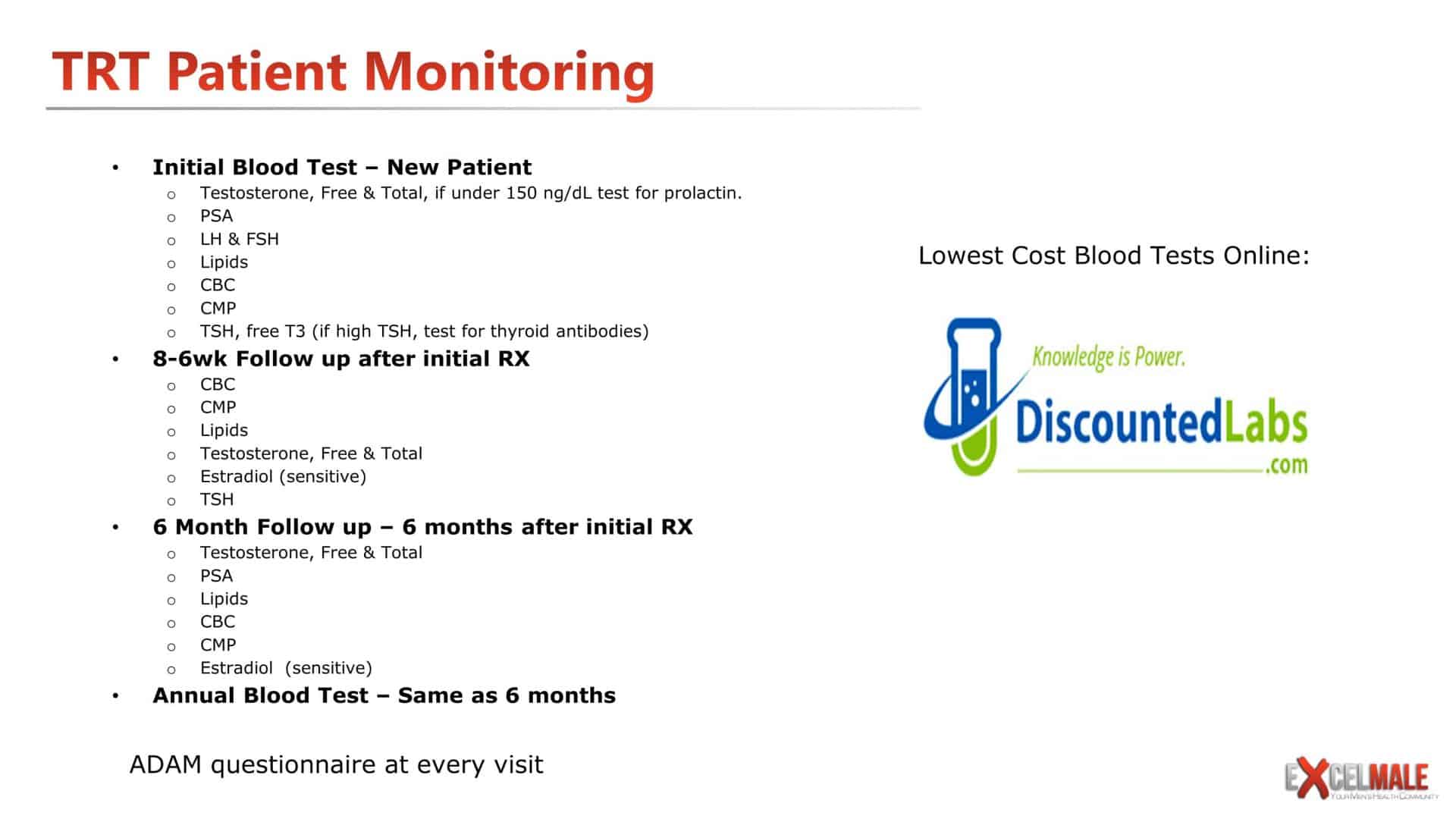

This type of treatment involves taking stem cells from the person with primary immunodeficiency, correcting the gene in the cells and then returning the corrected stem cells back to the person via an intravenous infusion. The treatment often requires that functioning immune cells be destroyed using chemotherapy or radiation before the transplants, leaving the transplant recipient temporarily even more vulnerable to infection. Even with a good match, however, stem cell transplants don't always work.

The stem cell donor - usually a parent or other close relative - must have body tissues that are a close biological match to those of the person with primary immunodeficiency. Stem cells can be harvested through bone marrow, or they can be obtained from a placenta at birth (cord blood banking). Normal stem cells are transferred to the person with immunodeficiency, which results in a typically functioning immune system. Stem cell transplantation offers a permanent cure for several forms of life-threatening immunodeficiency. Treatment to reinstitute the immune system IV treatment is needed every few weeks, and subcutaneous infusion is needed once or twice a week.
#LOW T PROT ON BLOOD TEST SKIN#
It can either be injected into a vein through an IV line or inserted underneath the skin (subcutaneous infusion). Immunoglobulin consists of antibody proteins needed for the immune system to fight infections. Children with primary immunodeficiency might not be able to have vaccines containing live viruses, such as oral polio and measles-mumps-rubella. Some people need long-term antibiotics to prevent respiratory infections and permanent damage to the lungs and ears. Infections that don't respond may require hospitalization and intravenous (IV) antibiotics. Treatment might require a longer course of antibiotics than is usually prescribed. Infections require rapid and aggressive treatment with antibiotics.

In some cases, primary immune disorders are linked to a serious illness, such as an autoimmune disorder or cancer, which also needs to be treated. Transporting drugs and other substances throughout the body.Treatments for primary immunodeficiency involve preventing and treating infections, boosting the immune system, and treating the underlying cause of the immune problem.Proteins take a variety of forms, such as albumin, antibodies and enzymes, and have many different functions, including: They are made in many places throughout your body and circulate in the blood. Proteins are large, complicated molecules that are vital to the function of all cells and tissues. People with certain bone marrow diseases, such as multiple myeloma, may have high blood protein levels before they show any other symptoms. However, the real problem is that the blood plasma is actually more concentrated.Ĭertain proteins in the blood may be elevated as your body fights an infection or some other inflammation. For instance, high blood protein is found in people who are dehydrated. It's usually a laboratory finding uncovered while evaluating another condition or symptom. High blood protein is not a specific disease or condition.


 0 kommentar(er)
0 kommentar(er)
